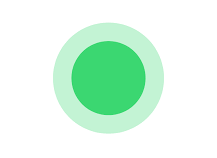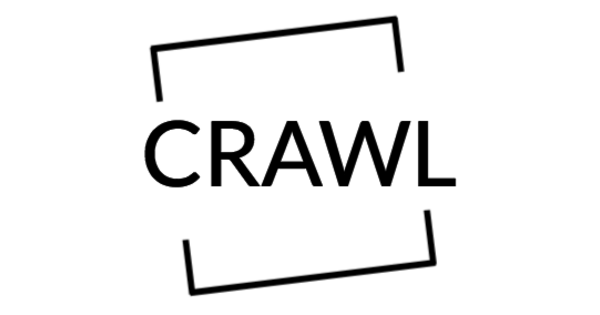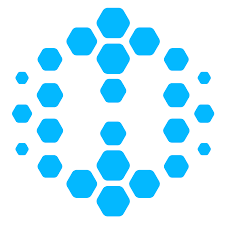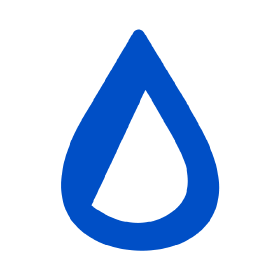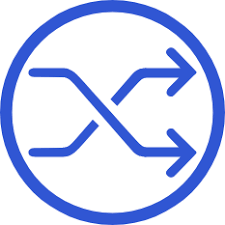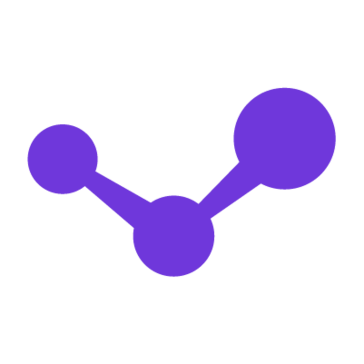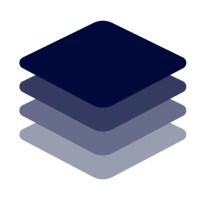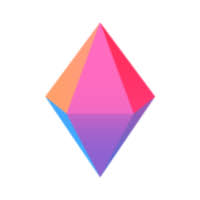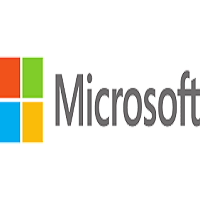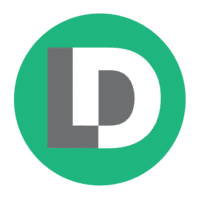CRM Software
CRM software is a marketing and customer relationship management (CRM) system that helps companies preserve, and grow their business by managing the entire lifecycle of customers. A CRM records all calls, emails, and meetings to improve sales by increasing communication with customers.
CRM software is a marketing and customer management platform that enables businesses to track their sales data. It also provides information about the buyer behavior, potential customers’ needs as well as preferences which help in making better business decisions with increased efficiency
B2C businesses like fashion retailers use a central database where every interaction between admin staff members (updating inventory), marketing managers (creating campaigns), or even store employees are stored for future reference allowing them to manage their relationships better than before
The sheer volume of data that you can track for each user in a cloud-based CRM system is staggering. By tracking interactions with customers as well as internal operations, managers and employees alike gain valuable insight into what drives business success or failure at every level—and where to focus their efforts going forward.
In the output version, it may be more interesting if this section was separated from other information about Keep creating a narrative around how CRMs work and why they are so important before explaining who should use one For small businesses owners looking to improve relationships with prospects, clients, and contacts…
A CRM is an online tool for tracking customer activity. The program absorbs information on customers before guiding them through a planned journey that hits all their hot spots, which are channels like social media and email. The benefits of a CRM system are available to people who work in sales, marketing teams, and customer support specialists at large companies as well as small businesses
When it comes to business software that helps you manage your company’s relationship with customers and clients alike there is one very important feature – the tone output. The benefits of any CRM (customer relationship management) system can be used by anyone working for or representing the interests of an organization; whether they’re phone personnel like those on telephone support lines or retail associates selling goods directly to consumers. Some examples might include someone whose job entails communicating information about products via email blasts such advertising agency folks would benefit greatly from having access to their contact lists easily without needing to find them elsewhere first before sending out mass messages. Here is a list of the top CRM software you can use to compare and use according to your requirements.


